Alexandra Zerner is a solo-artist, composer, guitarist and multi-instrumentalist. Alexandra has released four solo albums and featured with many artists as a session musician. Below is a general review of Alexandra’s latest album, Opus 1880, followed by an interview with the Bulgarian guitarist.
Click here to jump directly to the interview.
Review
‘Opus 1880’ is a 22-tracks concept album released in 2018. I have to say I was worried about listening to the album and writing a review. I mean it’s a very long album (2 hours long). However, as they say, good times pass so quickly. The melodies are very enjoyable and the whole work is attractive to the ears. Here are five things I loved about ‘Opus 1880’.
The Instrumentals
The record is centered around the guitars of Alexandra Zerner, containing several instrumental tracks, my favourite being Diamind, and long instrumentals on each track. The melodies in the instrumentals and “elongated” solos are very well-made and pleasing. I mean just listen to that hell of a solo on Questions that extends from 3:20 on the track till 4:30! Genius!
The Fluidity
Although ‘Opus 1880’ can be easily classified as a Metal album, the record contains elements from various music genres, such as Jazz, Blues and classical music. This variety is a wonderful thing that keeps the album away from being monotonic or rotating around one centre. You can feel that in tracks like Desaturation Point and Cumulonimbi.
The Other Side of the Sky
This masterpiece divided into two tracks, 14 and 21, is a wonderful ballad that features the beautiful vocals of Svetlana Bliznakova (Sevi). Both parts are songs that you come back to listen to again and again. The guitar solo on the second part is very magnificent, and these two tracks are the big jewel in a treasure chest of gold coins.
The Theatricals
The album, being concept, naturally contains theatricals connecting the tracks together. What I loved about the theatricals in ‘Opus 1880’ is how they were merged into the tracks, keeping the musical continuity. In The Oracle and Questions for example, the music flows out of the sounds we hear in the short theatrical intro. No sudden cuts or weird connections. That’s just great.
The Variation of Vocals
One advantage Alexandra Zerner has over many other acts and bands is that she can choose the vocalist that is best to sing each song. We see some bands avoiding certain places in music because their vocalist doesn’t sound good there. Well, that wasn’t a problem for Alexandra. Her choice of vocalists was very fruitful. Svetlana Bliznakova‘s voice on The Other Side of the Sky (Pts. 1 and 2) and Angel Wolf-Black on Questions and Pinch of Time are breathtaking.
We really recommend this album for every who loves instrumental or conceptual music.
Ratings
Here are the average of the ratings that were placed by the FemMetal Team
| Music (30%) | ⭐⭐⭐⭐⭐⭐⭐⭐⭐⭐ | 10/10 |
| Lyrics (30%) | ⭐⭐⭐⭐⭐⭐⭐⭐ | 7.5/10 |
| Production (30%) | ⭐⭐⭐⭐⭐⭐⭐⭐⭐ | 8.5/10 |
| Cover Art (10%) | ⭐⭐⭐⭐⭐⭐⭐⭐⭐ | 9/10 |
| Total | ⭐⭐⭐⭐⭐⭐⭐⭐⭐ | 9/10 |
Interview
FemMetal had the wonderful opportunity to chat with Alexandra Zerner about her music, her album, and many other things!
Mirk: Hello Alexandra! It’s very great to talk with you. How are you today?
Alexandra: Hi Mirk! Thanks for having me! I am a bit tired but overall fine.
Mirk: You’re a solo artist and a guitarist. You’ve featured with many artists and released four solo albums. What do you think is your best achievement so far?
Alexandra: I believe my last album is my most ambitious work so far and I definitely can categorise it as my best achievement.
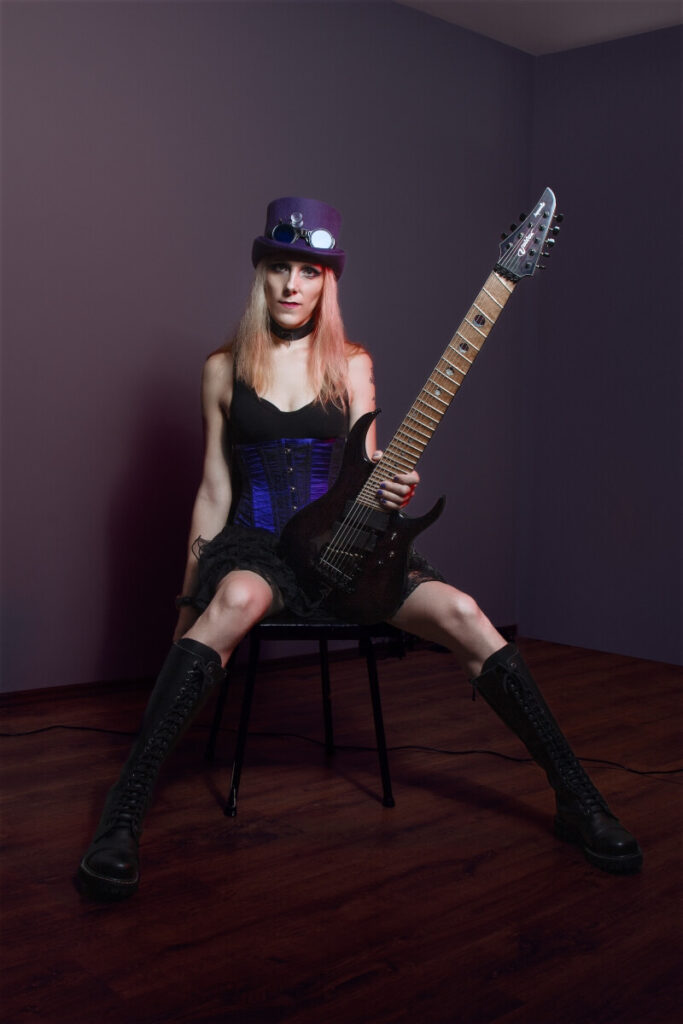
Mirk: You’re from Bulgaria. What would you say about the Rock and Metal scenes in Bulgaria?
Alexandra: Honestly, here the Rock and Metal scene is not very prominent and it’s pretty difficult to flourish, especially if you play a bit more demanding music. My personal observations show that the main segments could be roughly narrowed down to ska/punk bands on one side, and extreme metal on the other. Everything in between is struggling to survive, except the ubiquitous cover bands.
Mirk: Your latest album is Opus 1880. Can you tell us a bit about this album? How is different from your other albums? Are you happy with the result you reached with it?
Alexandra: I wanted to produce a double conceptual album for a long time but I was scared that I will be probably biting more than I could chew. After I had my first two solo albums released and they received very positive feedback, I concluded that it would be worth it to try this double album idea and develop it. I worked on it for two and a half years and made a lot of compromises during the process therefore I am not entirely happy, especially considering my perfectionism. Anyway, given the circumstances, it’s overall satisfying.
Mirk: In most bands, the front-woman or front-man would be the vocalist. In your case, you are the leading musician and the vocals feel like another instrument in the music. What is the difference between your music and the traditional one in your opinion?
Alexandra: Well, you kind of answered that in the question itself – I consider the vocals as another instrument of the full composition and this approach creates very homogenous music tissue, unlike many bands where the instruments are rather a support of the vocals and this is logical since the singing and the lyrics transfer the message of the song. I’ve always been more focused on instrumental music and this has shaped me into the kind of composer, who prefers the voice integrated equally into the instruments.
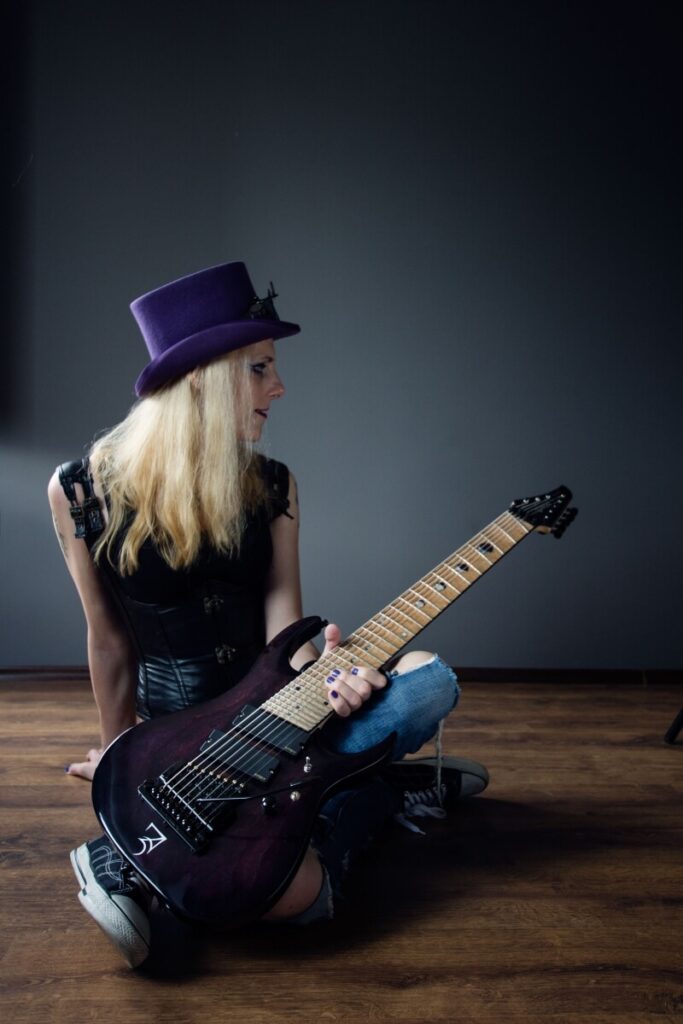
Mirk: When you’re in your domain, you get to meet a lot of people, and not all of them are good ones. Have you ever been in a situation where you felt you were treated in a sexist way?
Alexandra: I’ve received a lot of negativity and condescension but the positive treatment always surpasses them significantly so it definitely helps in learning to ignore the negativity. Of course, in the beginning, it’s quite harmful and one pays a lot of attention to the attackers and this could deviate the inner perspective into a very destructive direction. I believe that this is one of the key points leading to the “I will never be good enough.” mindset in many girls fighting for a place in a man dominated field and consequently they often give up. Fortunately, this is changing in a positive way in the last few years.
Mirk: Do you remember the first time you performed live on stage in front of an audience? Can you tell us about it? How many people were there? How did it feel?
Alexandra: I started with classical guitar when I was almost 8-year-old and about a year later, it was my first public performance. The audience wasn’t big – probably 30-40 people, consisting mostly of other kids’ parents. However, it was really terrifying – I was so stressed out that my stomach had shrunk into a tiny wiggling rubber ball and I had the feeling that I will either throw up or blackout… or both. I’ve always been a strongly introverted character and all kinds of public exposure are bothering me. Frankly, I still have a stage fright to a certain degree but meditation and focus help to overcome it and make the best out of it. Fear makes you more cautious and if you use it as a tool it can be beneficial to better performance.
Mirk: What is your favourite part about your job as an artist and what is your least favourite part?
Alexandra: My favourite part is to compose, play, record my music, and enjoy the process of it becoming a full and alive structure. I also like to teach, despite that, I am not particularly happy when my students don’t do their assignments – it obstructs their development and I don’t like things getting stuck. What I really hate though, is dealing with paperwork and marketing – if I have the chance, I would hire someone to do that for me and I will never engage in such activities again – I find them more annoying than waiting for a progress bar on the computer.
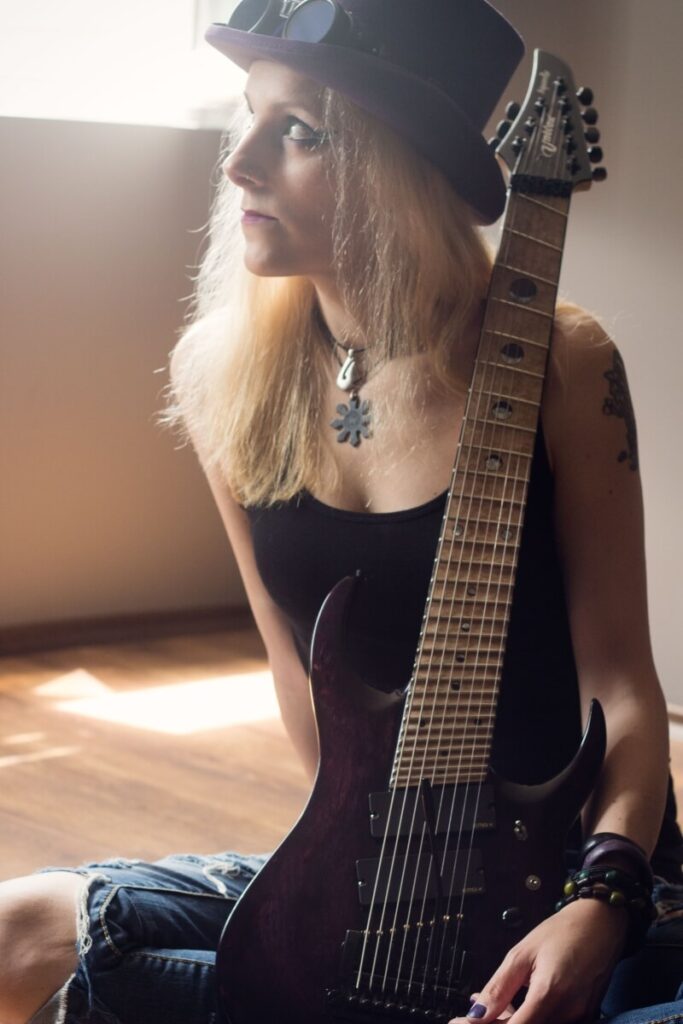
Mirk: You are a successful solo artist, but do you ever consider joining a band permanently?
Alexandra: Yes, I would love to but since I started my serious music career back in 2014, so far nobody has invited me to join a band and I am not really the type of person to beg someone to take me on board.
Mirk: Away from music, what other interests or hobbies do you have?
Alexandra: I really like reading books but I rather consider that as a part of my living and daily routine. I could say that drawing is my hobby, especially calligraphy. Also, lately, I am very interested in luthiery and I do a lot of research on the topic so hopefully, I can start building guitars at a certain point.
Mirk: Thank you for the interview, Alexandra! It was a great pleasure to talk with you! Good luck with your future plans.
Alexandra: I thank you for the opportunity! It was a great pleasure for me too! All the best!

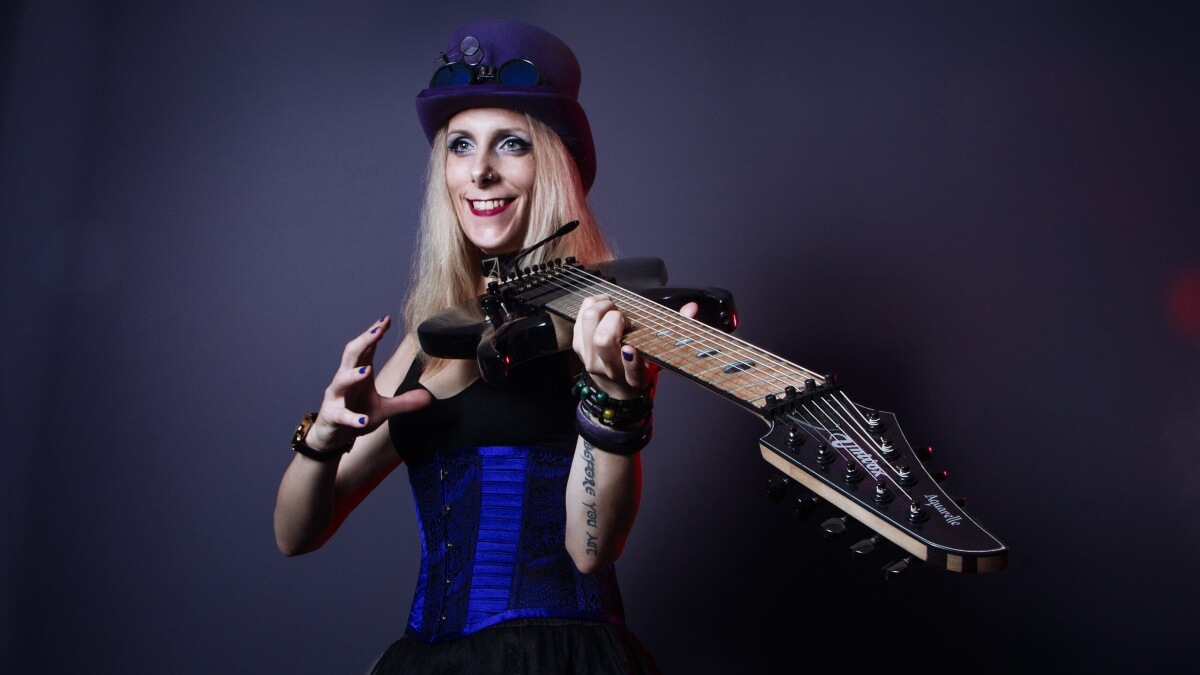
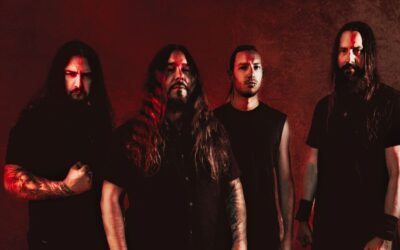

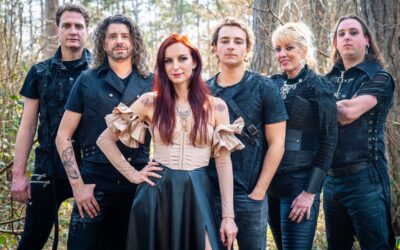
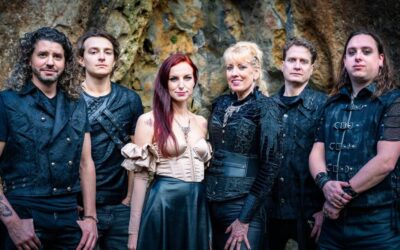
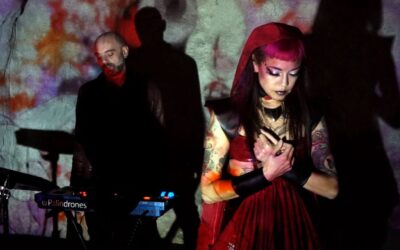
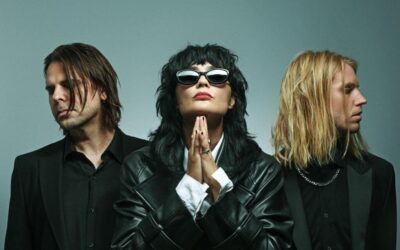
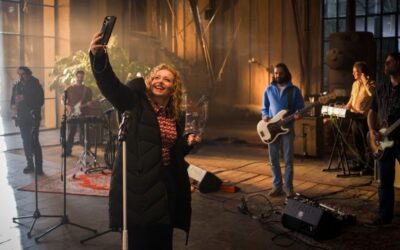



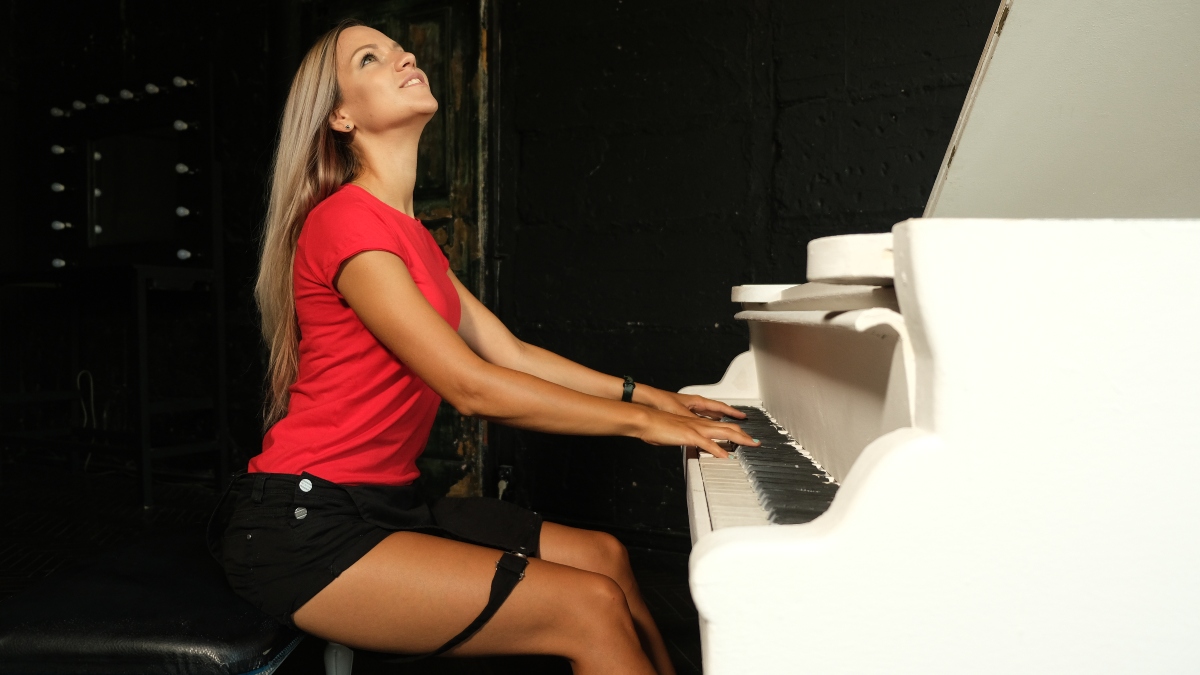
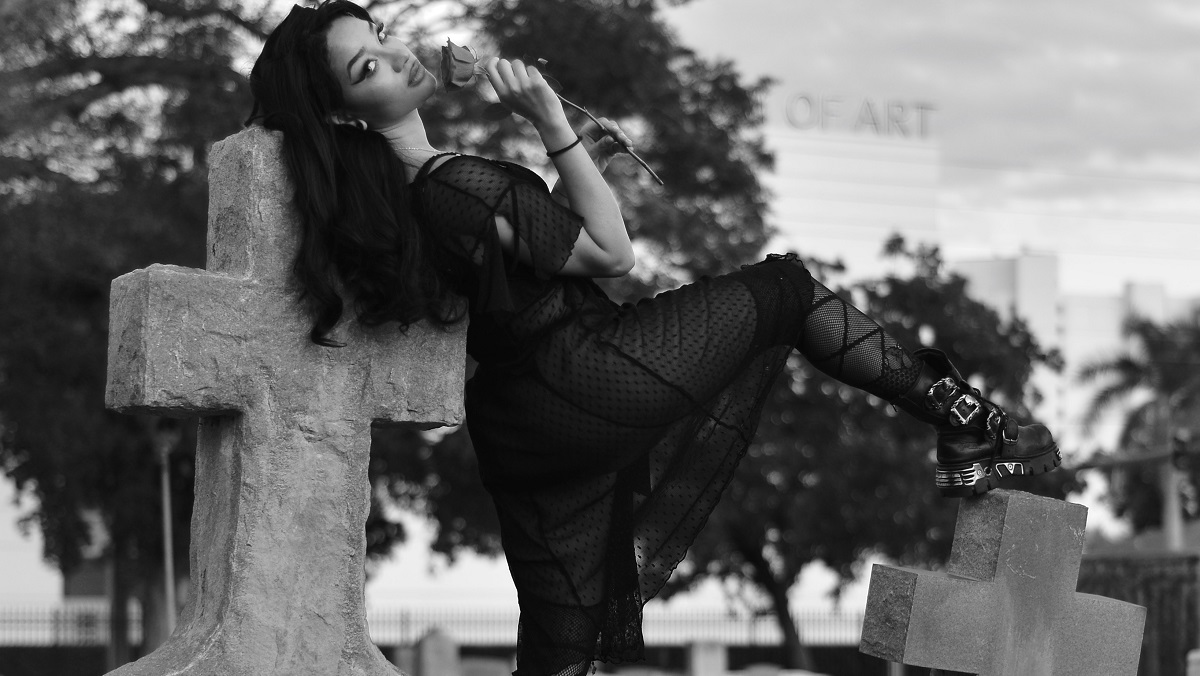


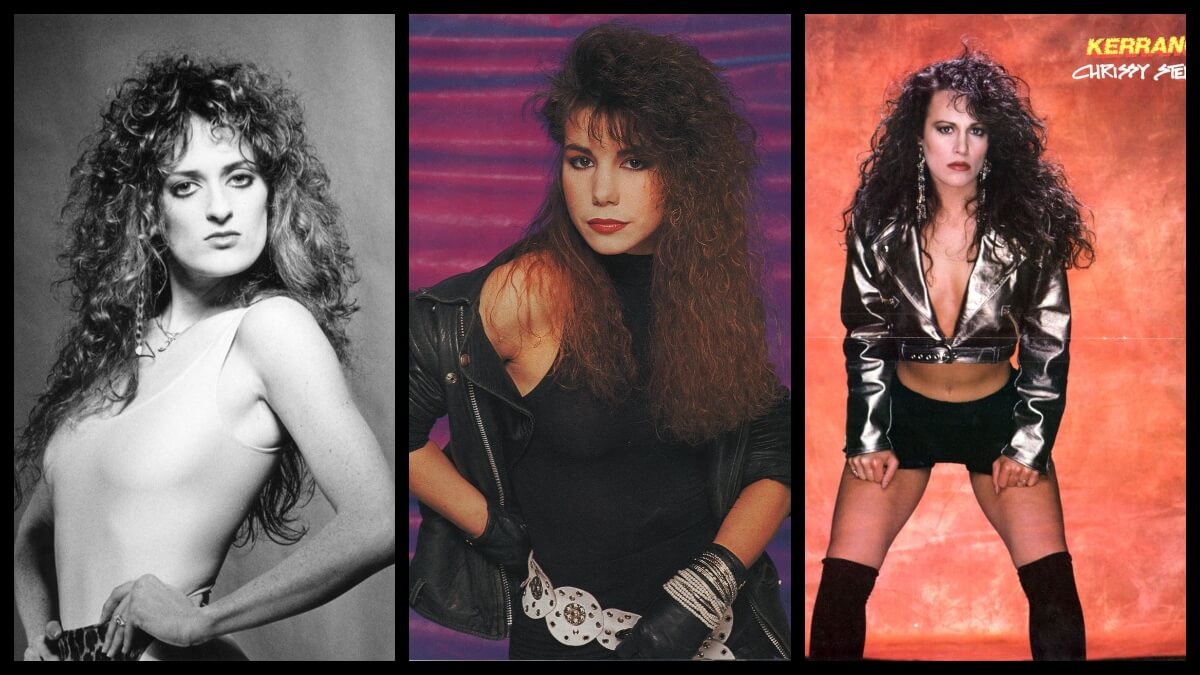


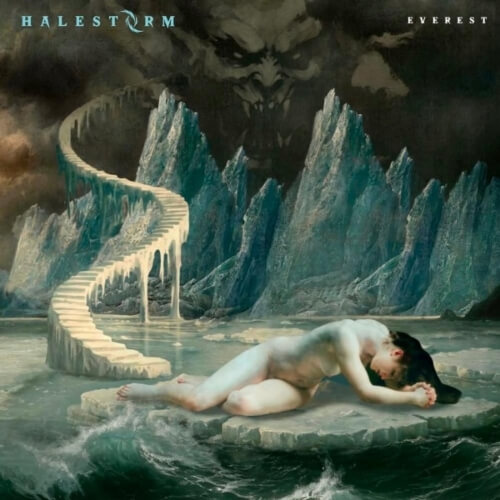
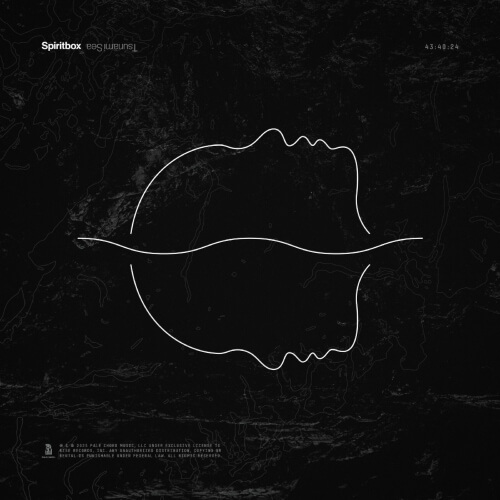
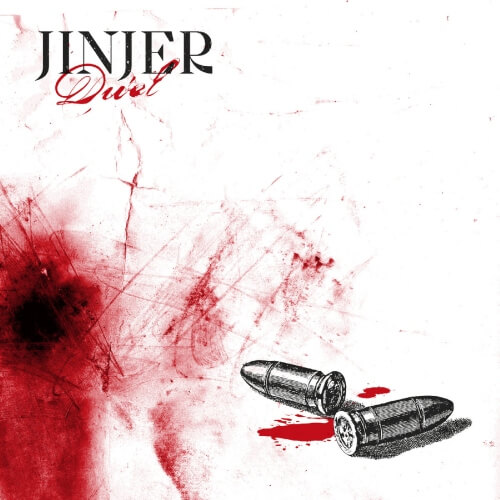
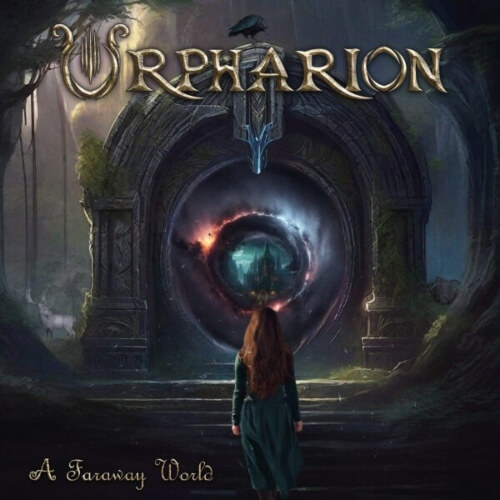
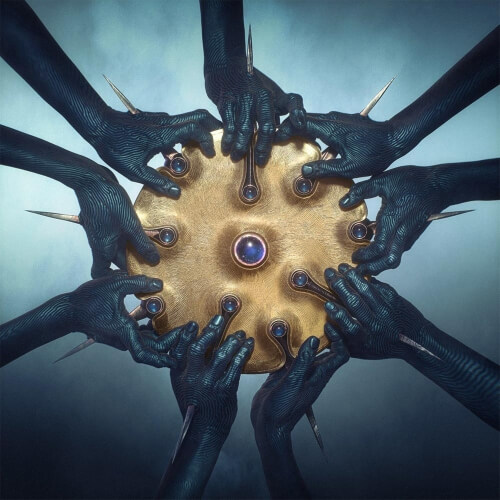
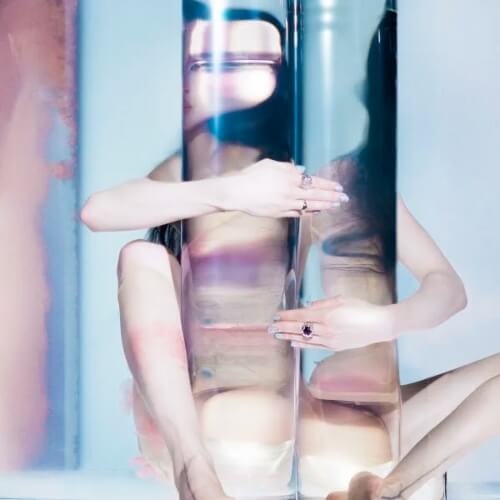

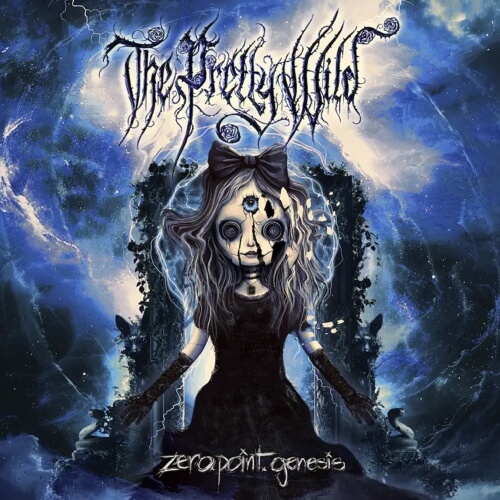
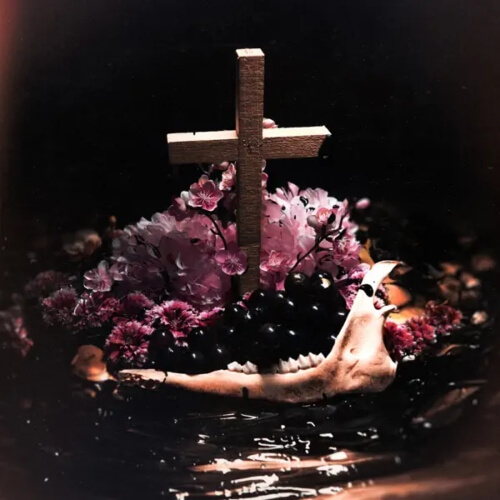

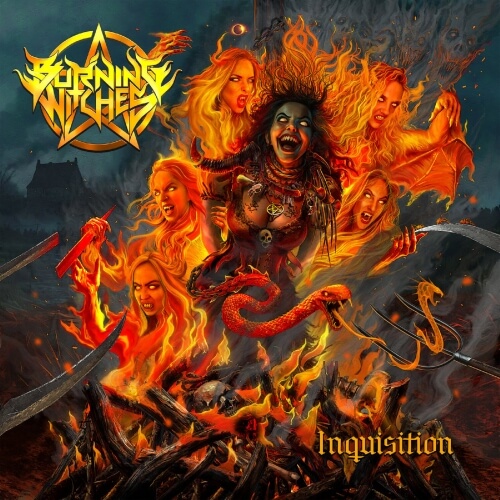
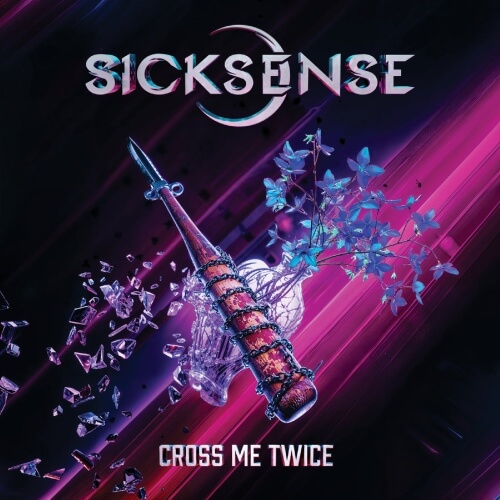
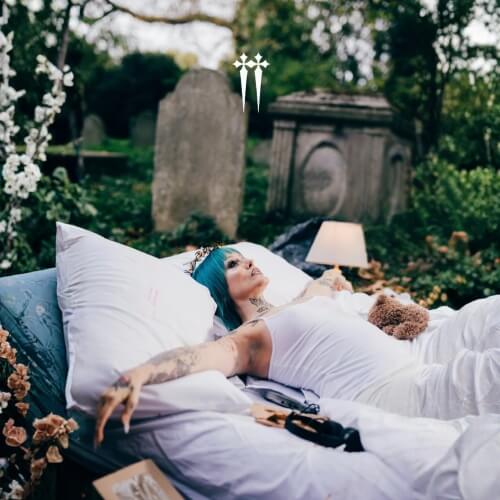
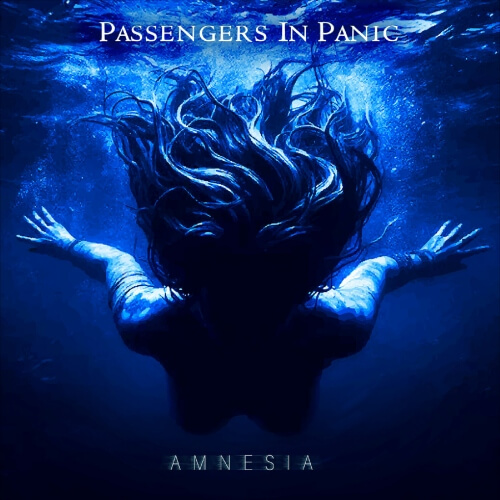
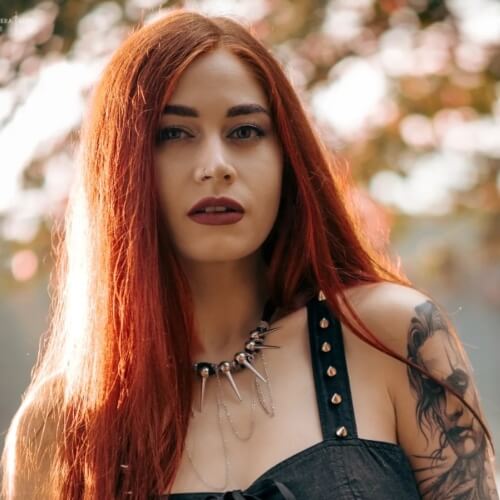
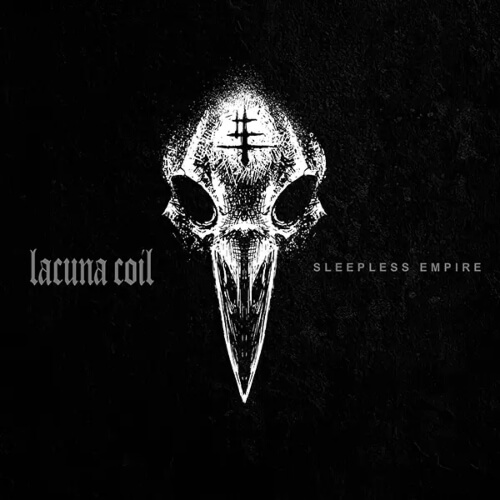
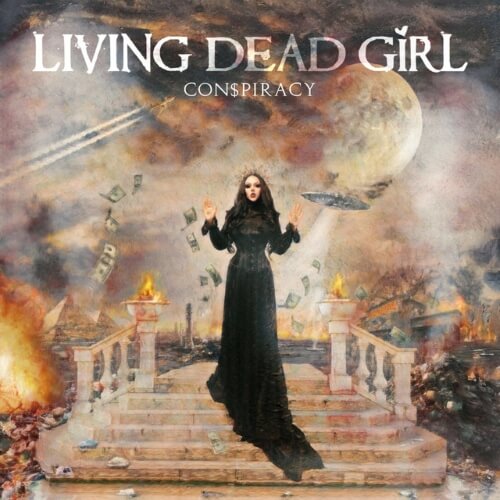
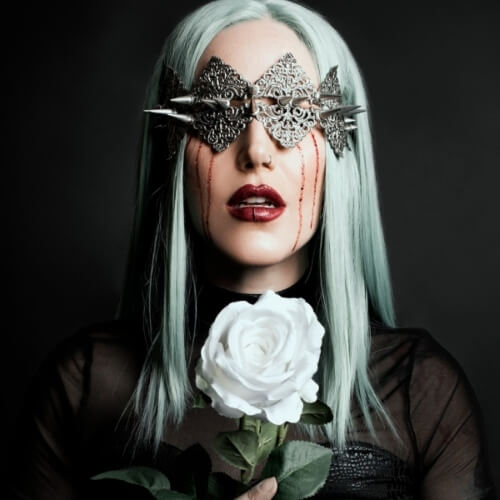
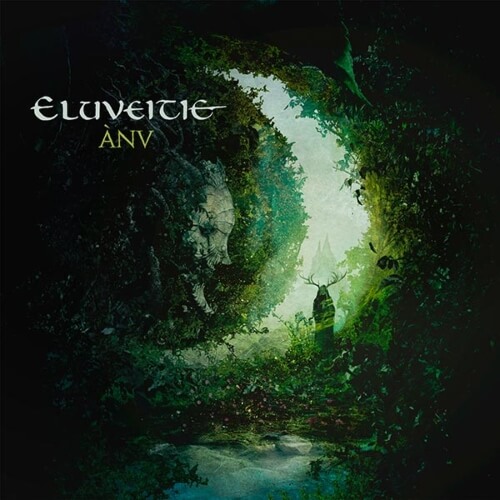
Alexandra Kicks ASS! Great interview!
Thank you for this interview. Alexandra is one fantastic artist. Her music grabs you and holds you there. There is so much going on in her brain. But you forgot to mention the book that that comes with the album. The OPUS 1880 story. Who does that. Peter Gabriel wrote short stories on on a couple of Genesis albums. But a concept album/book. Now I’m waiting for the movie that would be cool.
Thanks again for the interview